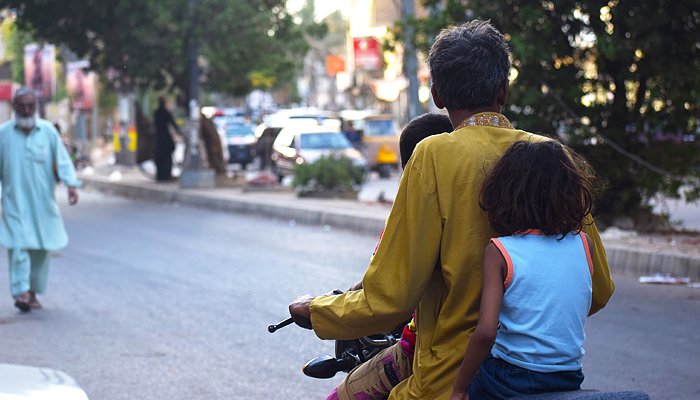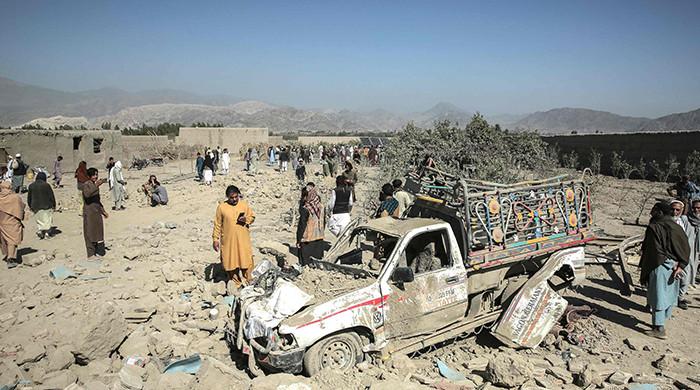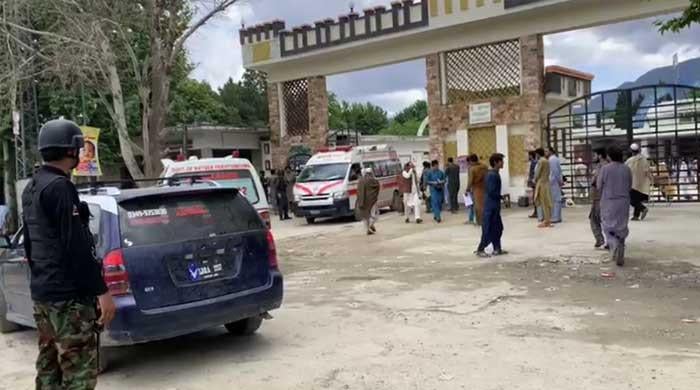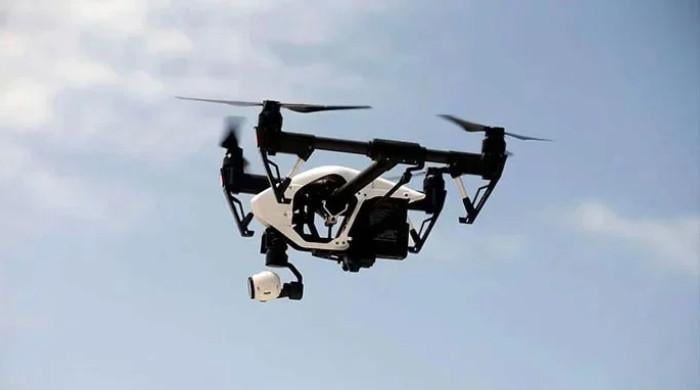Multan Division reports 67 new coronavirus cases and two deaths
The total death toll for Multan Division in the last 13 days has reached 22
November 14, 2020

MULTAN: The city on Saturday reported 67 new coronavirus cases and two deaths in the last 24 hours as the second wave of coronavirus continues to spread in the country.
According to Nishtar hospital, two people admitted in the facility died to coronavirus.
The total death toll for Multan Division in the last 13 days has reached 22 with the majority of the deceased belonging to Multan.
The two patients to have died in the last 24 hours were aged 65 and 32. One of the patients was a resident of Multan while the other was from Bhakkar.
The number of hospital admissions have also increased to 120, out of which 51 have tested positive, 36 are suspected of having the virus and 33 have tested negative.
The coronavirus tests conducted in Multan division in the last 24 hours between Friday and Saturday have established that Multan ranks at the top in the spread of coronavirus while Khanewal and Vehari are second and third respectively, health authorities of Punjab said.
There were 828 corona tests conducted in the division out of which 67 returned positive.
Read more: Coronavirus cases in Pakistan and abroad on November 14
Out of the 828, 423 tests were conducted at Nishtar hospital, 99 tests were conducted in Khanewal district, 269 tests were conducted in Lodhran district and 34 tests were conducted in Vehari district.
Assistant Professor of medicine Dr Sheikh Abdul Khaliq told Geo News that a change has been witnessed in COVID-19 cases arriving at hospitals.
"The new phenomena is that the virus is causing the development of diabetes in the human body," said the health practitioner.
Dr Khaliq also advised patients to opt for the High-Resolution Computed Tomography [HRCT] test for coronavirus as it gives a more specific result compared to a swab laboratory test.
HRCT involves the use of special computed tomography scanning techniques to assess the lung parenchyma, which enables it to diagnose certain lung diseases better than conventional radiography, he said.











